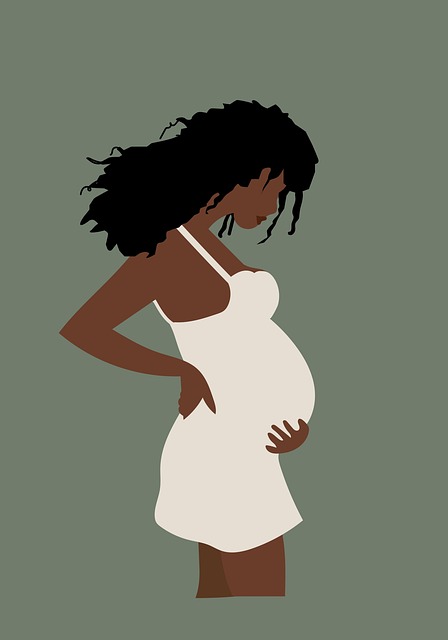Years ago, before I trained as a perinatal therapist, I was taken aback when I heard Mike Thompson from a popular parenting show mention he had postpartum depression. Seriously? He didn’t endure pregnancy, childbirth, or the hormonal shifts—how could he experience postpartum depression? It felt like he was encroaching on a space meant for mothers. But guess what? I was completely mistaken. Let me share what I’ve come to understand since then.
Signs of Postpartum Depression in Fathers
Research indicates that up to 10% of fathers grapple with postpartum depression (PPD), and that number increases significantly if the mother is also experiencing difficulties. While mothers might show their struggles through tears, feelings of disconnection, or guilt, fathers often express their depression in different ways. For dads, the symptoms may peak between 3 to 6 months after the baby arrives, and can include:
- Irritability: Quick to snap at things that wouldn’t normally bother them.
- Exhaustion: A constant feeling of tiredness, regardless of how much sleep they get.
- Disconnection: A sense of detachment, even when surrounded by loved ones.
- Avoidance: Immersing themselves in work or getting lost in their phones to escape reality.
- Risky Behavior: Increased drinking, aggressive actions, or taking unnecessary risks.
Unfortunately, dads are often less likely to seek help for postpartum depression, dismissing it as mere stress or thinking they should just “tough it out.”
Why My Perspective Changed – Factors Leading to PPD in Dads
Once I became certified in perinatal mental health, my outlook on postpartum depression shifted dramatically. Sure, dads don’t carry the baby, but they face significant challenges that can contribute to PPD:
- Financial Concerns: Babies can be expensive, from diapers to other essentials.
- Emotional Burden: Many dads feel the immense pressure to be providers and protectors, even when they feel overwhelmed.
- Shifts in Relationship with Partner: The arrival of a baby can turn relationships into a sleep-deprived struggle over who’s doing more.
- Feeling Left Out: The bond between mother and baby can sometimes make dads feel isolated.
- Societal Expectations: Society often tells men to “stay strong” and “power through,” but even the strongest rocks can crack under pressure, especially at 2 a.m. during a diaper change.
Reflecting on my initial reaction to Mike’s revelation makes me cringe. Now, I see his honesty as incredibly courageous. He voiced something many fathers experience but are afraid to admit.
Stress Hormones Affect Everyone
It’s important to remember that while dads may not have the same hormonal fluctuations as mothers, they are still affected by stress hormones like cortisol. With sleepless nights, the pressure to provide, and the fear of not measuring up, it’s a recipe for PPD. Combine this with a fussy baby and a stressed partner, and it’s easy to see how depression can creep in.
So, Can Dads Really Get Postpartum Depression?
Absolutely. It’s crucial for us to stop doubting dads who admit they are struggling. Parenthood is challenging for everyone, and it’s perfectly okay for fathers to say, “I’m not okay.” Seeking help is vital, as untreated paternal postpartum depression can negatively impact the emotional and behavioral development of their children.
What Can We Do About It?
If you’re a new mom reading this, check in with your partner. If they seem irritable, distant, or just not themselves, encourage an open conversation. Therapy is a fantastic option (I might be a bit biased, but it truly works!). Nowadays, there are even support groups specifically for dads—proof that change is happening. Sometimes therapy alone isn’t enough, and medication might be worth considering as well. Sharing responsibilities can also help alleviate the overwhelming feeling; splitting nighttime feedings and chores can make a difference.
If you previously thought, as I did, that dads couldn’t experience PPD, I hope this article shifts your perspective. Recognizing the struggles your partner might be facing is a significant step toward mutual support.
For more information on navigating parenthood and understanding secondary infertility, you can check out our blog post on the topic. Additionally, if you’re looking for resources like a sperm donor matching service in Las Vegas, visit Vegas Pregnancy or explore at-home insemination options with Make a Mom, which offers the only reusable kit on the market. If you want to see how at-home insemination works, check out this guide. For further insights on insemination options, you might find this Cleveland Clinic resource helpful.
In conclusion, whether you’re navigating the challenges of new parenthood or looking for support, there are resources available to help you along the way.

